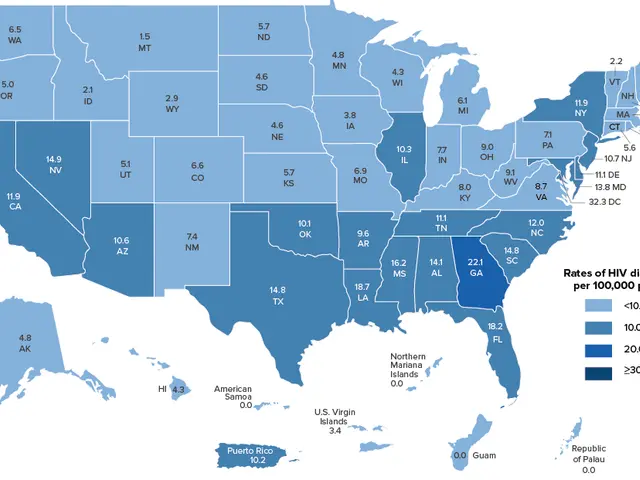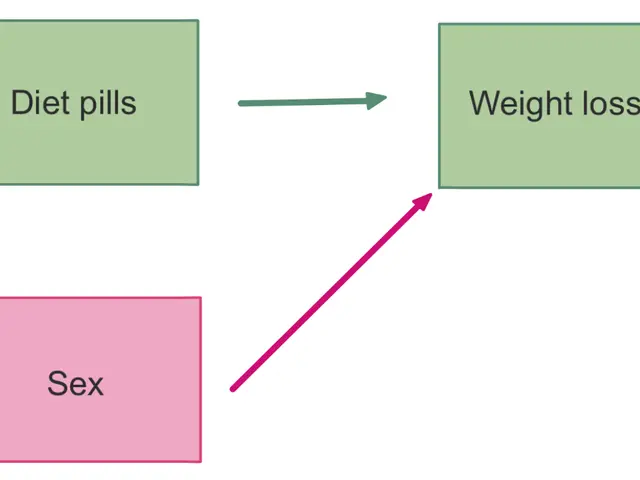How Much Weight Should You Gain During Pregnancy for a Healthy Baby?
Gaining the right amount of weight during pregnancy plays a key role in a baby's health. Too little can lead to low birth weight or premature delivery, while too much raises risks for the mother. New guidelines help expectant mothers track healthy weight gain based on their body type and pregnancy details.
Health experts recommend that women with a normal BMI (18.5 to 24.9) gain between 11.5 and 16 kilograms during pregnancy. This extra weight supports the baby's growth, as well as the placenta, amniotic fluid, and increased blood volume. Most of the gain also goes toward changes in the mother's body, like breast tissue and uterus expansion.
For women carrying twins, the advice differs. The Institute of Medicine suggests a gain of 37 to 54 pounds for those at a normal weight, 31 to 50 pounds for overweight women, and 25 to 42 pounds for obese women. These ranges help reduce complications while supporting multiple babies.
Gaining too much weight can cause problems like high blood pressure, gestational diabetes, or preeclampsia. On the other hand, too little weight gain may result in a baby born too small or too early. In 2021, 8.52% of U.S. babies were underweight at birth, and 10.49% arrived prematurely.
Doctors generally advise against trying to lose weight during pregnancy. Even if some weight is lost in the first trimester, intentional weight loss is not recommended. Instead, following tailored guidelines helps ensure a safer, full-term pregnancy.
The American College of Obstetricians and Gynecologists provides clear weight-gain targets based on pre-pregnancy BMI. Following these can lower risks for both mother and child. Proper weight management remains a simple but vital step toward a healthy pregnancy and baby.








